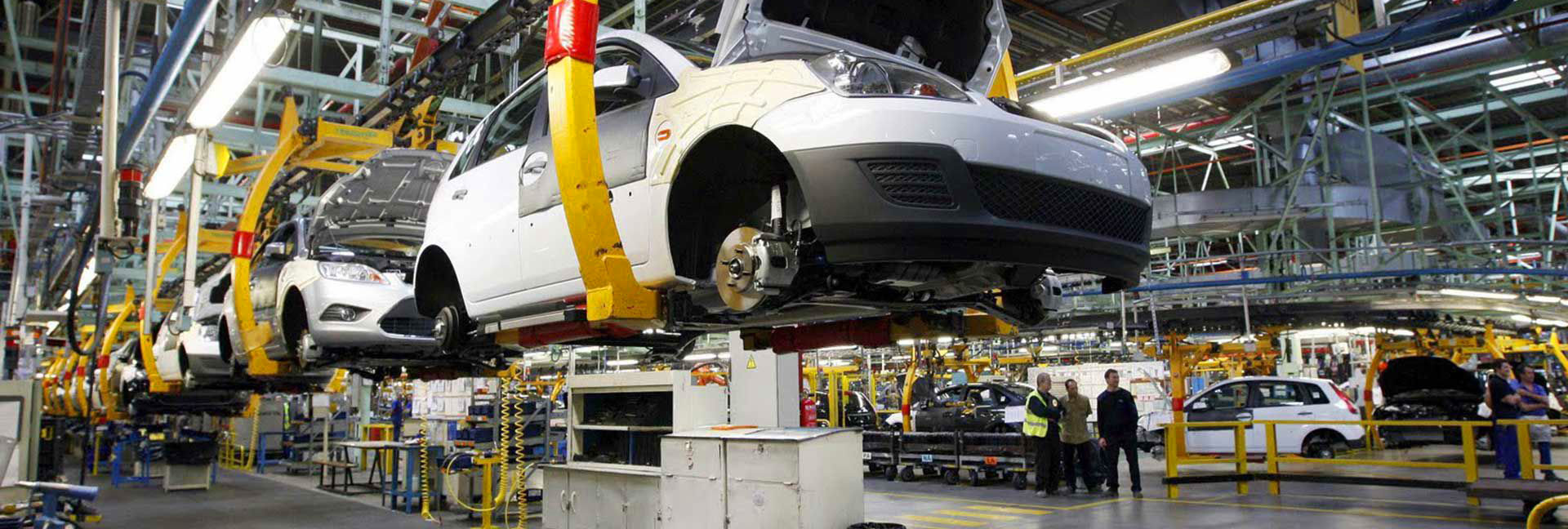

A vehicle consists of many complex components that increase its efficiency and durability. Some components are very important and must be present in every car. However, these components need regular maintenance and timely replacement. Automobile parts are produced with great precision and advanced technological methods all over the world.
.jpg)
A car has four basic components: chassis, engine, drivetrain and chassis. The chassis of a car includes all the major parts consisting of the engine, transmission system components such as clutch, gearbox, propeller shaft, axles, a control system such as brakes and steering, and the vehicle's suspension system.
Today, automotive equipment and component manufacturers and suppliers must compete in an environment known for high quality standards and challenging time and cost conditions. Equipment and components must be verified in accordance with the standards of each original equipment manufacturer and primarily industry standards.
In general, automotive component and equipment validation test plans cover the following types of services:
Briefly, automotive components include all the main parts of a car, consisting of the chassis, engine, transmission system components such as clutch, gearbox, propeller shaft, axles, a control system such as brakes and steering, and the vehicle's suspension system.
The two basic procedures applied in automotive component validation testing include:
The DVP design verification plan is part of the product design phase. This plan describes the specific tests to be performed on the particular part case (prototype or series). It is used to verify certain features and functions in certain conditions and proves the reliability of the design.
The PVP process validation plan is part of the process and product validation phase. This plan describes the specific tests to be performed on the particular part case (prototype or series). It is used to verify certain features and functions in specific conditions and proves the accuracy and reliability of the design and manufacturing process.
Verification is the process of verifying, through the provision of objective evidence, that specified requirements have been met. For example, verifying a specific size. It is also the process of verifying, through the provision of objective evidence, that requirements for a particular intended use or function or application have been met.
A design verification plan (DVP) and process verification plan (PVP) essentially include:
In short, automotive component validation tests guide manufacturers in regulatory and customer testing requirements to bring the product to market. Additionally, these tests are needed to reduce product safety issues that can result in warranty issues, product recalls, and product safety liability.
Products for vehicles must perform as expected under a wide range of real-world environmental stressors without compromising product safety. These stresses include not only climatic and dynamic functions, but also concerns such as electromagnetic interference and electromagnetic compatibility.
Among the numerous testing, measurement, analysis and evaluation studies it provides for businesses in various sectors, our organization also provides automotive component verification tests (DVP and PVP) services with its trained and expert staff and advanced technological equipment.
To get an appointment, to get more detailed information or to request an evaluation, you can ask us to fill in our form and reach you.